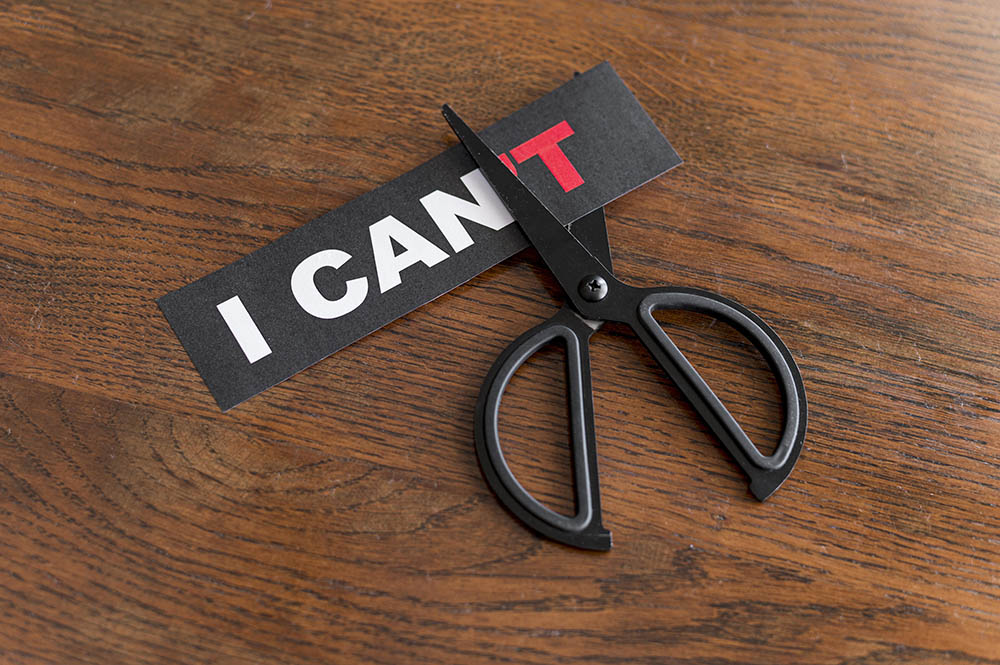When faced with a difficult circumstance, we all want to throw in the towel. In a tricky situation, it is simple to give up. Even if it appears to be a shortcut, it may not be the greatest option for us. This article will dive into and analyze the reasons why we give up, as well as try to discover possible solutions to the problem.
For some people, the need for results or outcomes is stronger than the desire to learn a skill. How many times have you found yourself fantasizing about something great, such as being an actress or a business owner? But how many of us are working hard and creating strategies to attain our objectives? There aren’t many. As a result, when we encounter the first obstacle, the majority of us quit and fail. This demonstrates how most people desire outcomes but are unwilling to put in the efforts required to achieve them. Many people also anticipate quick outcomes. As a result, individuals lose their capacity to solve issues and lack the patience to overcome obstacles. As a result, they quit far too soon. The second reason is that we may be scared of other people’s judgments and reactions. We are concerned that people would believe it was all our responsibility. As a result, to escape any judgment, we may just give up.
The third factor is that individuals are easily distracted by what others are doing. We are easily sidetracked when we observe others doing something simpler. As a result, we lose patience and develop a lack of discipline. As a consequence, we give up. Some people are also resistant to change. If someone isn’t used to or doesn’t know how to deal with changes, they’re more inclined to limit them and quit. Another reason why individuals give up is a lack of self-esteem. They don’t trust themselves sufficiently, therefore they believe they lack the ability and strength to achieve things. As a result, they give up.
After discussing the issues, it is critical to understand how we may inspire ourselves not to give up. Ask yourself “why” every time you want to quit. Consider why you started the work in the first place, what your aims and intentions were, and if quitting in the middle be of any help. Simply asking these questions would help the person reflect and may prevent them from leaving. Another approach to keep yourself from quitting is to experiment with alternative ways of accomplishing the same job. Persevering does not simply mean repeating the work in the same way. Rather, try finding alternate pathways. You might also attempt succeeding at anything else to offer your brain some gratification. For example, if you were unable to finish two chapters, try completing a section of it or any other chapter that is less comprehensive. This will fool your brain into thinking that some work has been completed. Emotional concerns are also one of the challenges. These obstruct our efforts and hinder us from reaching our objectives. In such circumstances, we should halt, reflect, and try to figure out which emotion and why it is preventing us from moving forward. If this happens on a frequent basis, it may be beneficial to explore counselling and therapy to help fix the problem. Last but not least, before beginning any work, establish clear goals and divide the task into smaller tasks.
Do not make any unrealistic plans.
Be truthful with yourself about what you can and cannot achieve.
Remember, never be too hard on yourself!
– Urveez Kakalia and Tanvi Chopra.

